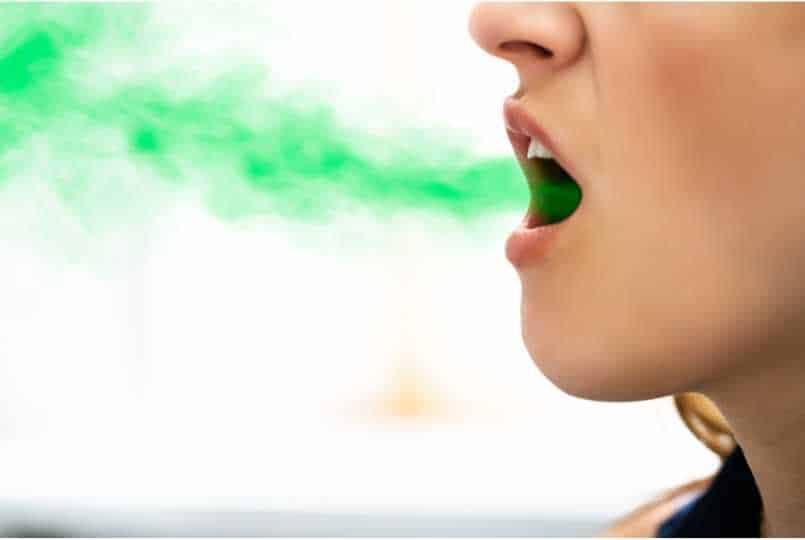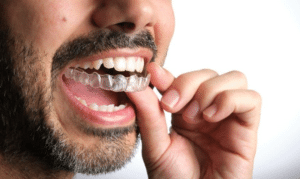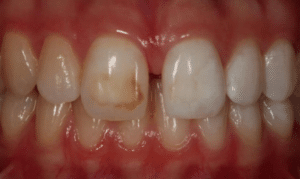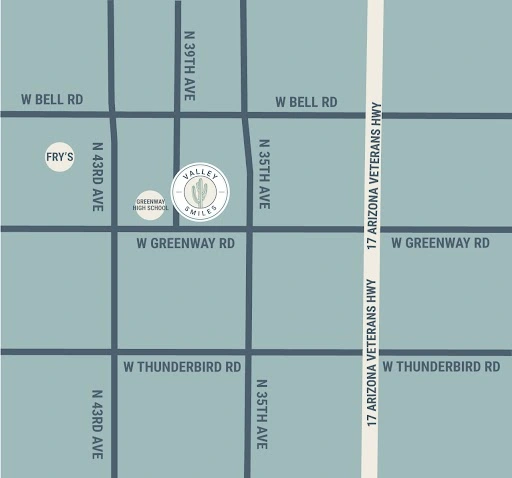Bad breath, also known as halitosis, can be embarrassing and affect your confidence. While most people experience bad breath occasionally, some suffer from chronic bad breath, which can be a sign of an underlying dental or medical condition. In this blog, we’ll explore the causes of bad breath and how to treat it effectively.
Reasons for Bad Breath?
Bad breath is often caused by bacteria in the mouth. When we eat, food particles can get stuck in between our teeth or on our tongue, providing a breeding ground for bacteria to grow. As the bacteria break down the food particles, they release sulfur compounds, which cause the unpleasant odor associated with bad breath. However, bad breath can also be caused by other factors, such as poor oral hygiene, gum disease, and certain medical conditions.
Common Causes of Bad Breath:
Poor Oral Hygiene: Not brushing and flossing regularly can cause food particles to remain in the mouth, leading to bad breath.
Gum Disease: Bacteria that cause gum disease can also cause bad breath.
Dry Mouth: Saliva helps to wash away bacteria in the mouth, and when there’s not enough saliva, it can cause bad breath.
Certain Foods and Beverages: Foods such as onions and garlic contain sulfur compounds that can cause bad breath.
Smoking and Tobacco Use: Tobacco products can cause bad breath and stain teeth.
Medical Conditions: Certain medical conditions such as respiratory infections, diabetes, and liver or kidney disease can cause bad breath.
Treating Bad Breath:
The treatment for bad breath depends on the underlying cause. If poor oral hygiene is the cause, it’s essential to brush and floss regularly to remove food particles and bacteria from the mouth. Using mouthwash can also help to freshen breath. However, if bad breath persists despite good oral hygiene, it may be a sign of an underlying dental or medical condition, and it’s essential to seek professional help.
Prevention Tips:
Brush and floss regularly to remove food particles and bacteria from the mouth.
Use mouthwash to freshen breath and kill bacteria.
Drink plenty of water to keep the mouth hydrated and wash away bacteria.
Avoid foods that can cause bad breath, such as onions and garlic.
Quit smoking and tobacco use.
Visit a dental clinic regularly for check-ups and cleanings.
When to Visit a Dental Clinic for Bad Breath:
If bad breath persists despite good oral hygiene practices, it may be a sign of an underlying dental or medical condition. In such cases, it’s essential to visit a dental clinic for a thorough examination. The dentist will examine your mouth and teeth, and may also recommend additional tests or refer you to a specialist if necessary.
Conclusion:
Bad breath can be an embarrassing and uncomfortable problem, but it’s important to remember that it’s a common issue that can be treated. By practicing good oral hygiene and seeking professional help when necessary, you can effectively treat and prevent bad breath. If you’re concerned about your bad breath, schedule an appointment with a dental clinic to get the help you need.





